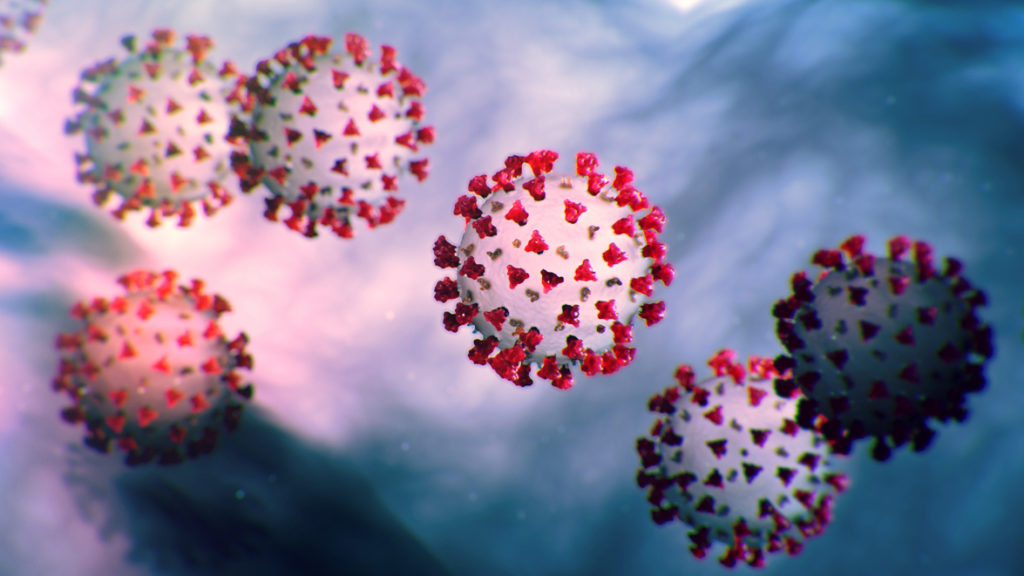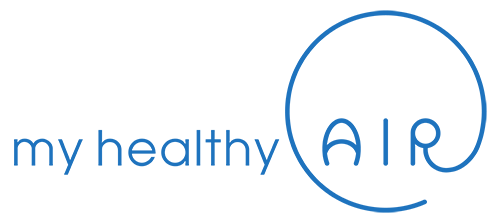The situation today
Do nasal filters work for viruses? The answer is complicated:
The last recent strand of coronavirus of late 2019 became an extremely concerning threat, reaching the scales of a global pandemic.
We are often asked how well do nasal filters perform against coronavirus and other viruses in general. The question is simple but the answer not so. Here we present you the facts according to our best knowledge, so you can formulate your own opinion.
The available studies
There are scientific studies showing that nasal filters allow you to filter to a high degree most types of airborne particles when inhaled via your nose. Those particles may include airborne viruses including the flu-virus, coronavirus, or other viruses.
Currently, there are a few studies investigating the level of protection of nasal filters specifically against allergies, and no studies directly investigation their direct potential against viruses, including coronavirus.
Few available studies give positive conclusions for the use of filters to prevent allergy-related symptoms. One study published on the American Academy of Allergy, Asthma & Immunology concluded that “the nasal filters appear sufficiently convenient and comfortable to use and thus clinically relevant for symptom management for many allergy sufferers.”
A more recent study in 2021 conducted in China proved the the effectiveness of certain nasal filters is not sufficient for aerosols which are smaller than 1 nm, which is the typical case for most viruses. However, the study didn’t focus on viruses per se but instead in the broader aerosol category.
Overal, there is little evidence today to prove nor dimsiss the case if nasal filters work for viruses. More research and clincical studies are needed.
However, due to the filter’s positive effects when it comes to filtering allergens and alleviating their related symptoms, one may extrapolate some reasonable assumptions when it comes to their effectiveness limiting exposure to airborne viruses
How do nasal filters work?
Nasal filters allow you to filter a high degree most types of airborne particles when inhaled via your nose. Those particles may include airborne viruses including the flu-virus, coronavirus, or other viruses.
The effectiveness of the filtration depends on the diameter of the particle, airflow, typology of the virus, quality of the application of the filter among other factors. Viruses are typically more difficult to filtrate because of the very small diameter which typically ranges between 100nm-300nm.
Coronavirus has been documented to be approximately 120nm. At this levels, you have to be aware that there is no way to have 100% filtration of particles because, if we designed such a filter this will make it impossible for you to breathe through it.
Therefore, there has to be a balance between the level of filtration and the ability for the user to breathe in comfort. Having said that, our nasal filters, are shown to give a very high degree of filtration while keeping breathability levels in balance.
How well do the nasal filters capture particles?
Here you can find a study performed showing the effectiveness of our filters against airborne particulate matter of several sizes: https://myhealthyair.com/nasal-screens-effectiveness-lab-analysis/
According to this study, our nasal filters had been documented to effectively filter up to 99% of all coarse particles, and up to 82% of Ultra-Fine Particles – which is classification that coronavirus belongs to -.
This level of filtration is definitely much better than wearing no protection, and similarly better than most commercial dust masks available on the market which offer little to no particulate filtration when they are applied.

Theoretically, the filters can effectively reduce exposure to breathable particulate matter that includes viruses such as the coronavirus, even though the filtration level is lower than most types of particulate matter due to the extremely small size of the virus.
However, direct studies are needed to further investigate this assumption.
Additional Tips & Uses
Also it important to clarify that coronavirus is not only spread via nose inhalation but also via the mouth or eyes as documented in some reports.
Therefore, filtering your nose can be an important step to take in our own evaluation, but should not be the only step you take to be protected from viruses.
For this reason, many buyers use the filters in combination with dust masks, in order to increase their level of protection. Other buyers use just the nasal filters because they are more discreet, more convenient and in many cases more effective to use the commercial dust masks.
Please note that if you decide to use our Nasal Filters, it is advised to wash your hands well with a sanitizer before applying them, and before trying to remove them.
Also when you remove them it’s advised to wash your nose as well and wipe it with a dry towel.
Summary: Do Nasal Filters Help or Not?
Therefore, to summarize, the nasal filters cannot guarantee to you prevention/protection against any virus, including the flu-virus or/and the coronavirus (and frankly speaking, no honest company can make this claim for any of their products), but they have the potential (even though not scientifically proven yet) to be a good additional step for you to add one more layer of protection against airborne viruses.
Their direct effectiveness against allergens and general particulate matter is more researched and documented, while their direct effectiveness against airborne viruses needs to be further studied to help us reach a conclusive answer.
Disclaimers
Note that we make no guarantees for the effectiveness of the filters or any other product listed on our site, and thus we are not responsible for any health consequences if you decide to use them.
You are solely responsible for your use of any of our products and you should always do your own diligence, regardless of what information you may receive from our site.
Also make sure that before you make any purchase or use our filters to read our Terms & Conditions regarding our operations, our products, safety warnings and our legal disclaimers.

